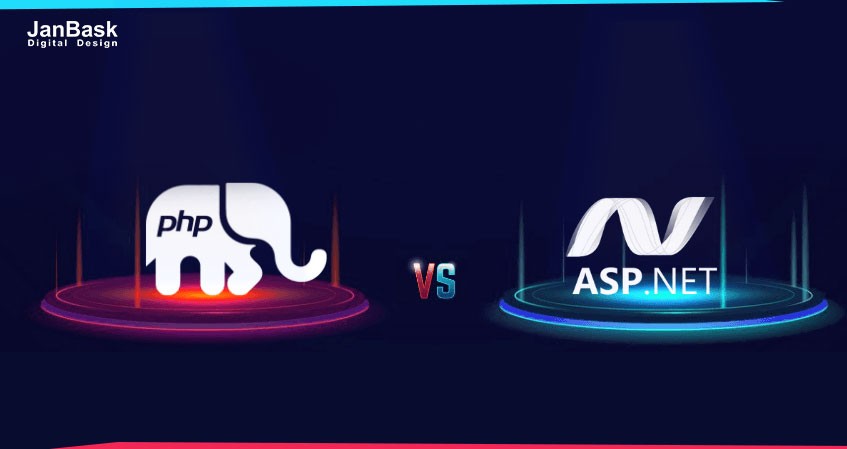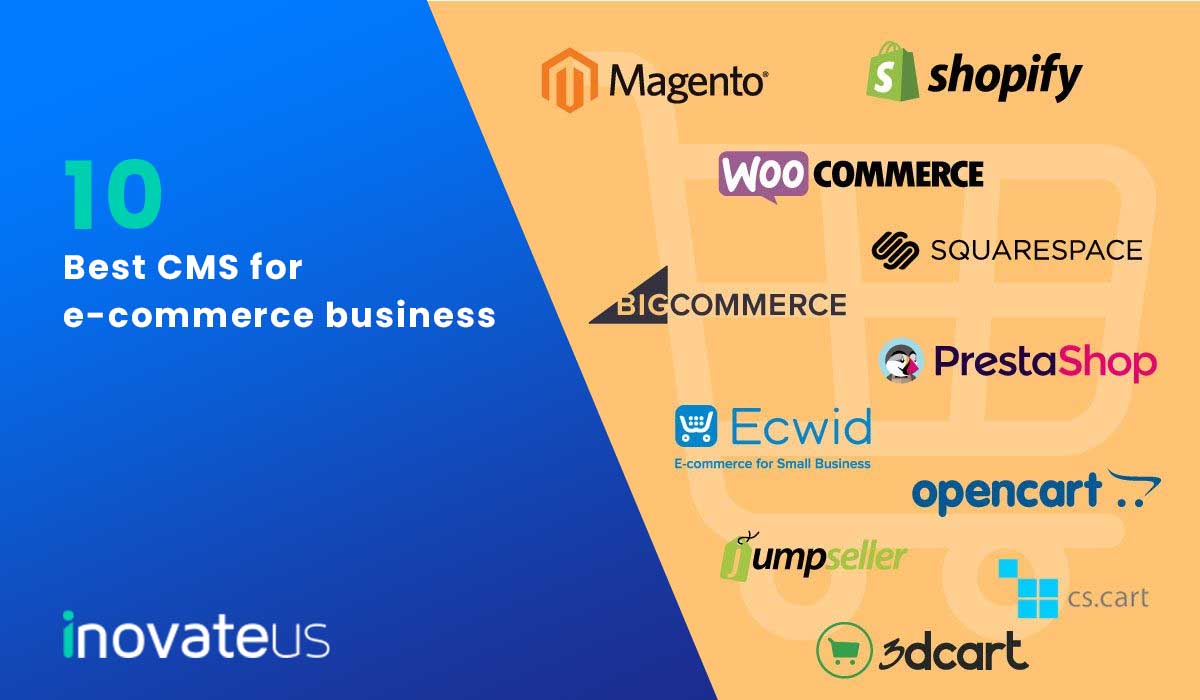Chances are if you’re here reading this you’ve already decided you want to pick on of the two technologies ASP.net vs PHP. You’re just confused which is best for you. We will take you through all the factors that customers usually target to clear your confusion.
A Brief Introduction
ASP.net is a web application framework based on C#. In addition to the .NET Platform, Microsoft introduced it in the early 2000s. It is a server-side framework to develop dynamic web sites, applications, and services. Atop its main functionalities is the web templating syntax, Razor. In combination with the right editor extension, the code can be completed efficiently and syntax highlighting can be used for help as well.
PHP on the other hand is an open-source scripting language. It has a community of over 5 million PHP developers. PHP moved onto become one of the biggest open-source scripting languages for development, who anyone could contribute to for upcoming releases.
Here is the overview of the usability of ASP.NET vs PHP based on datanyze report.
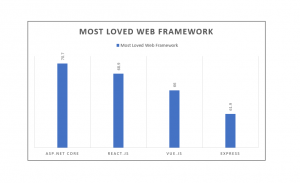 Source: Stack Overflow[/caption]
Source: Stack Overflow[/caption]
ASP.net vs PHP
Framework
ASP.net extends the .NET platform and is now the base framework for all web requests in C# and F#. it consists of new libraries and tools to make t better suited specifically for web applications. ASP is a time-tested framework that has been in the market for more than a few decades. In a 2019 consensus on Stack Overflow, coming in at 26.3 percent it was the most popular framework after React.js and Angular.js.With Microsoft bringing in constant updates, ASP has evolved into one of the most used technologies in the market.

Here is what ASP.net has to offer:
- Processing web requests in C# or F#
- Web-page templating syntax, known as Razor, for building dynamic web pages using C#
- Libraries for Model View Controller (MVC) and other common web patterns
- Libraries, a database, and template pages for handling logins for a foolproof authentication system
- Availability of the large ecosystem of packages and libraries available in the .NET Platform
Scripting Language
PHP is an open-source general-purpose server-side scripting language. That might be a lot of information so let us break it up. Server-side means that the back-end development side is written in PHP, it preprocesses on the server before it gets to the user’s browser. Scripting language means that the code is written in scripts i.e. written line by line to automate a task.
The latest version of PHP is now PHP 7 and its newest release(PHP 8) is scheduled for November 2020. Accourding to the StackOverflow report In 2019, it was the 6th most popular scripting language with 26.4 percent of developers saying so.

Here is what PHP has to offer:
- PHP can be embedded in HTML, and it’s well suited for web development and the creation of dynamic web pages and can easily connect with MySQL, Oracle, and other databases.
- Cross-Platform compatibility enables the use of operating systems like Linux, Unix, Solaris, Microsoft Windows, MAC OS, and many others.
- Image Processing and graphic design are possible with the integration of various image processing and design libraries, such as the GD library, Imagine, etc.
ASP.net vs PHP: Support
Support is a big question when it comes to the development of systems. We look at the size of the business and the size of the system they’re looking to have developed. It is obvious that the bigger the system is the higher the risks and need for support are.
ASP.net
With years within the market, we recommend that if you are looking to have mid to large-sized enterprise systems developed you should choose ASP,net for the support it offers. ASP doesn’t allow for irregularities in code thus offering less customizability. This dramatically decreases risks for your system.
PHP
If you’re a medium to small-sized business and are looking to have a small to medium-sized application-built PHP is the winner for you. It offers you way more flexibility than ASP.net. With the flexibility of course comes the responsibility to hire a competent team that will be able to minimize risks as well as maximize functionality.
With large systems performance is key and no doubt both languages have much to offer when it comes to performance. In the end its up to you because it all comes down to the size of your business.
Cost
PHP has a significant advantage over ASP.net when it comes to cost. Being completely open-source, it is completely free to all of its users. PHP dramatically lowers the development cost of the project. Numerous solutions for many applications are available online and thus you won’t need to make an extra investment to purchase these licenses or tools to have extra functionality developed.
That being said, this in no way means the paid licenses and tools bought for ASP.net won’t be worth it. Companies frequently invest a little extra for advanced functionalities. In addition to these costs, for a web application hosting is necessary. Usually, it depends on what platform you choose. Windows is comparatively more expensive than Linux and other systems.
Community
Asp.net has been around for decades. It has dedicated community support with over 60000 developers contributing to the community regularly. Apart from the online community, Microsoft invests regularly in active community support for its developers and customers. This coordination between the online community and Microsoft paves the way to better accessibility and usability of the libraries and functionalities you purchase for your web application.
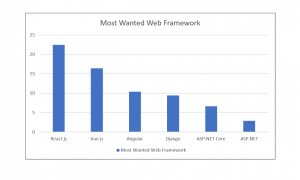
On the other hand, PHP is a pure open source project. You will have to rely on community help through forums and platforms like Stack Overflow, Quora, Reddit, etc. Community support is very useful but for innovative and complex projects getting professional help is inevitable. While the community will help you out, not every suggestion is necessarily useful and targeted to your solution.
Scalability
As a business owner, you have to keep in mind both the short term and long-term goals of the business. Scalability is an important factor to be kept in consideration when choosing your development medium.
ASP.net
It offers vertical scalability which focuses on increasing the resources you already have, essentially, just adding more power to existing machines. ASP.net uses output caching, which is an excellent performance accelerator as the software grows. Most ASP products do caching but they do it outside the core code of the application thus making the server even more powerful.

PHP
PHP offers horizontal scalability which means adding more machines into the pool of already existing devices in your system. As your systems grow, PHP needs you to introduce more and more servers into your cluster of servers that already exist. The cluster of servers usually divides the work equally among themselves to ensure a streamlined flow of operations. The site’s traffic capability thus increases enormously. This approach is also often called scaling out.
Learning Curve
The learning curve for ASP.net is huge when and when we look at developers and customers in this confusion and we see more people moving towards PHP than ASP.net. To learn you need to first learn C# for development and then learn all the functionalities and libraries the framework has to offer. ASP being a framework can’t just be fit anywhere and made to work. But as a framework, ASP covers development for web, mobile, and desktop applications and this gives it the advantage of being an independent entity on its own.
PHP has a short learning curve and therefore more users and developers tend to move towards web development using PHP. PHP has over 5 million developers currently and increasing day by day. Learning PHP is a lot easier with the wide community support and so many custom options for each solution available online.
Conclusion
We can not give a clear option as to what is better in the ASP.net vs PHP debate but we hope we have been able to get our message through. Not every technology is perfect for every solution. There might be situations where ASP.net is the best fit and others where PHP is. It depends on the expertise of the company you choose. A true expert will be able to tell you what technology is best suited for your system. The choice between ASP.net vs PHP becomes even clearer when the company has a set of requirements that a solution needs to satisfy.
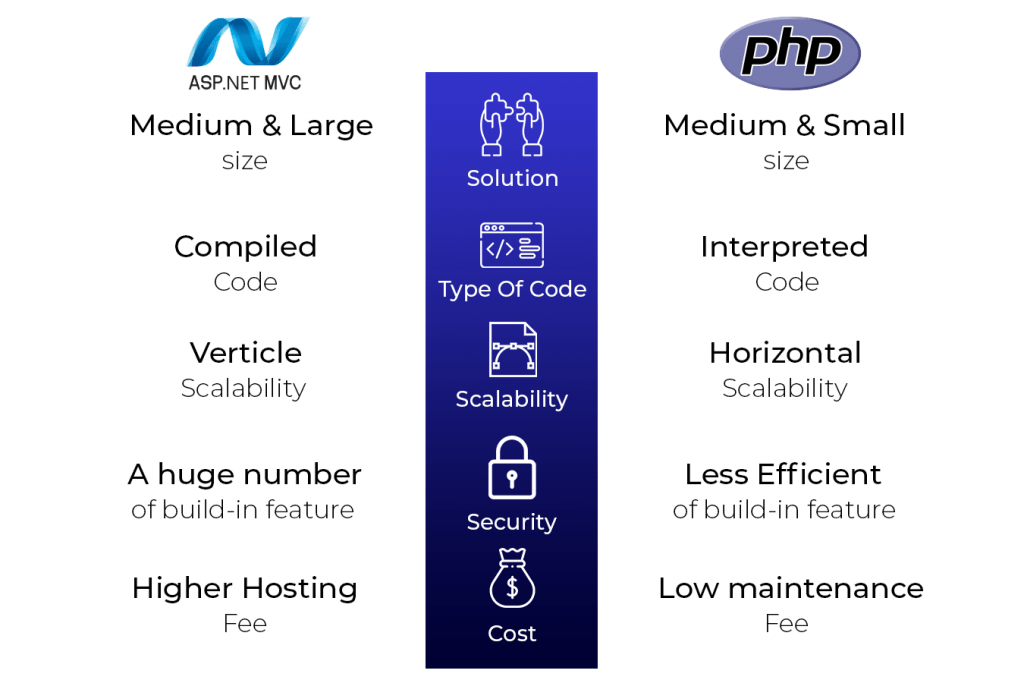
For now, we hope we’ve been able to clear your mind of the confusion of what option is best. At Novateus, we have 15 years of experience in the development of web-based solutions and our experts are present if you need help with what solution suits you the best. Fell free to contact us or leave a comment below if you still have questions.



